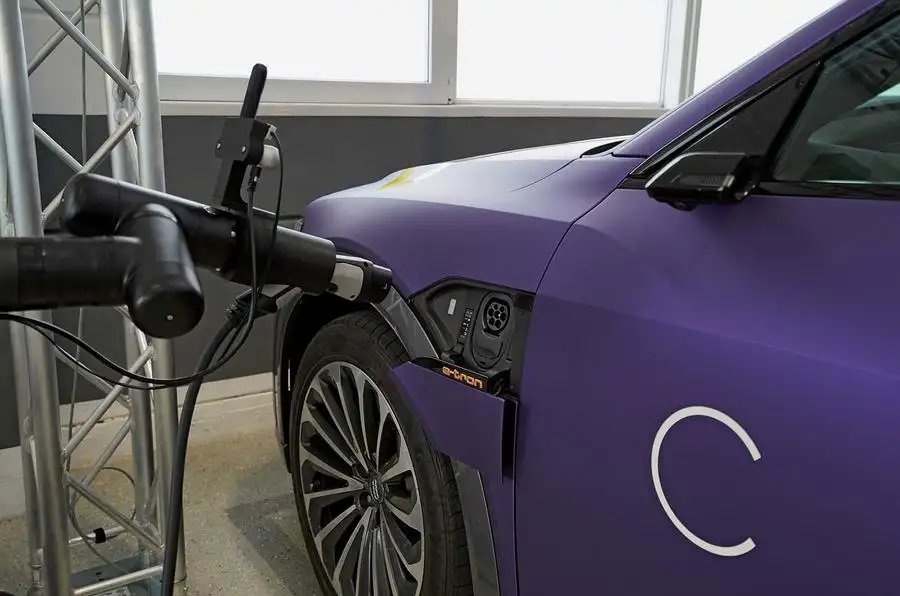The idea of autonomous vehicles can seem an affront to many people who drive cars as much for fun as for the convenience it brings, but are there elements of it that could appeal to even the most devoted car enthusiast?
Bosch gave an update on its automated valet parking and electric car charging programme recently. Working with Volkswagen subsidiary and software specialist Cariad, it has been developing a system that combines robot chargers with valet parking to remove the hassle of both finding a parking space in town and refilling an EV’s battery.
Speaking at the CES tech show in Las Vegas recently, Bosch board member Tanja Rückert explained that electrification is now a major part of the work at Bosch and she believes that charging EVs continues to be a “stumbling block” in their uptake.
Making the switch from being able to find a filling station and refuel in a few minutes now poses two questions of where to charge, and when.
The automated valet charging system combines a driverless valet parking function with charging robotics to do the job for the driver.
Rückert describes the system as essentially being an automated way to charge an electric car and it also solves another problem that occasionally arises with public chargers: EVs hogging charge stations by being left connected long after the car is fully charged.
With the Bosch system, the driver turns up at the car park, hops out of the car, prods a button on a phone app and the automated system does the rest. The car drives off to an empty parking bay complete with robot charger, which opens the charging flap and plugs in.
When the car is charged to the desired level, the robot unplugs and the car cruises to an empty parking space, leaving the robot free for the next customer.
The system has gone beyond the early experimental stage and the automated valet parking system was approved for commercial use in 2022. The combined parking and charging system doesn’t require freshly built garages either.
The robots are designed to be deployed in existing garages that already have automated valet parking, or in locations where the whole lot is being installed for the first time. Automated valet parking has been available at a Stuttgart airport parking garage for the past 12 months and is billed as the world’s first level-four autonomous parking service.
The automated valet charging system is being trialled at Cariad’s staff car park in Ingolstadt and Bosch’s development parking garage in Ludwigsburg. Bosch believes that improving convenience is a way of increasing the appeal of electric driving and, on a more subtle level, it’s investing in silicon-carbide technology too.
Switching to less energy-hungry silicon-carbide chips in EVs can, it says, improve range on average by as much as 6%, helping to reduce another perceived barrier to EV uptake: range anxiety.
Related News

